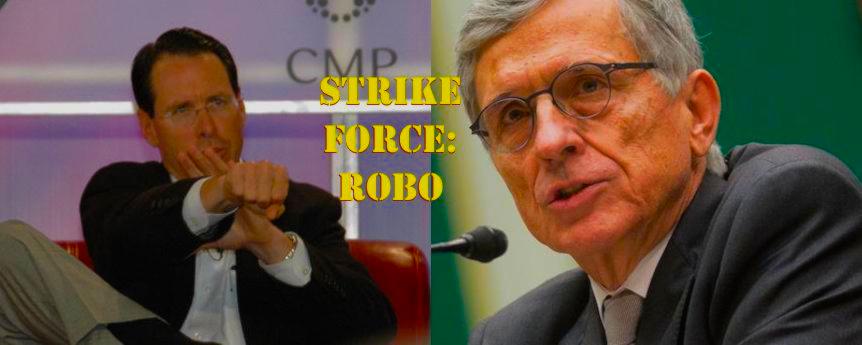Last month, after FCC Chair Tom Wheeler called on the telecom industry to finally do something about the nuisance of pre-recorded, auto-dialed robocalls, AT&T CEO Randall Stephenson agreed to head up a joint private-public Robocall Strike Force tasked with actually doing something about these calls. Today, this elite squad of telephonic titans is meeting for the first time. [More]
robocalls

What You Need To Know About New Rules Allowing Debt Collection Robocalls From Feds
If you ask any American to name the things they love the most, they are sure to reply, “debt collectors, intrusive pre-recorded phone calls, and the federal government!” So today — under orders to do so from a piece of rushed, tacked-on legislation — the Federal Communications Commission released its final rules allowing the federal government and some of its contractors to make debt-collection robocalls to wireless lines. [More]

Petition Calls On FCC To Rethink Ruling Giving All Govt. Contractors Green Light To Make Robocalls
Earlier this month, the FCC released a controversial ruling, concluding that the law allowed the federal government — and all contractors working for the government — to place prerecorded/auto-dialed robocalls to consumers, so long as the calls are made for official government business. Today, a number of consumer advocates have officially petitioned the FCC to rethink its position and close this loophole. [More]
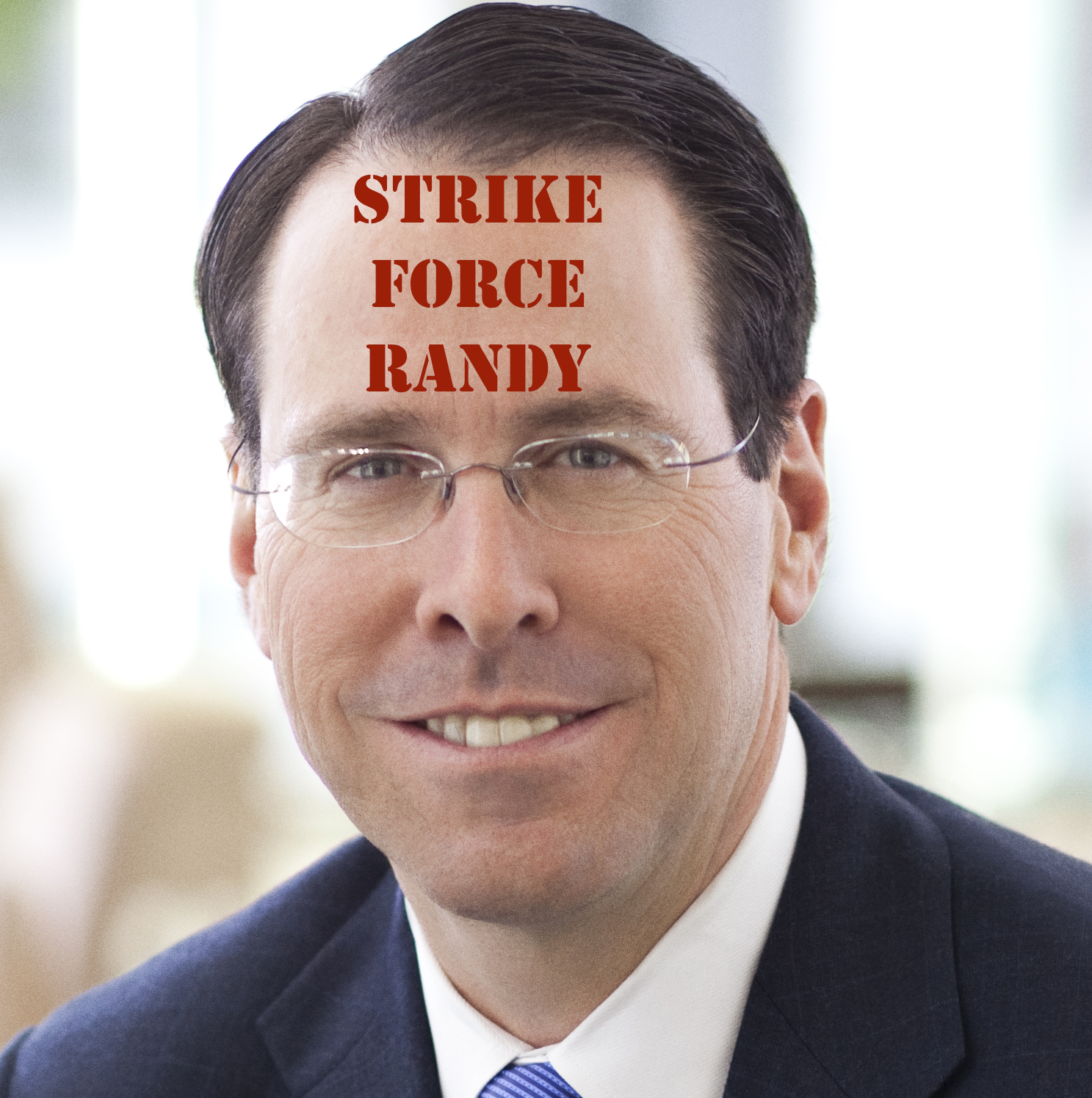
AT&T CEO Says He Will Head Up Anti-Robocall “Strike Force”
In response to FCC Chair Tom Wheeler’s call for all major phone companies to finally put free robocall-blocking tools in the hands of their customers, AT&T CEO Randall Stephenson — who recently incorrectly blamed the FCC for his company’s failure to address this issue — says he is going to lead an industry “Strike Force” to combat robocalls. [More]

FCC To Phone Companies: Offer Free Robocall Blockers To Customers
Even though the Federal Communications Commission has repeatedly said that wireless and landline phone providers are allowed to offer robocall-blocking services to their customers, some carriers have continued to incorrectly insist — and provide misinformation to consumers — that they simply don’t have the authority to deploy this technology. In an effort to make things clear once and for all, FCC Chair Tom Wheeler has sent letters to these companies that there are no regulatory roadblocks stopping them from helping their customers stop annoying — often illegal — automated and prerecorded robocalls. [More]
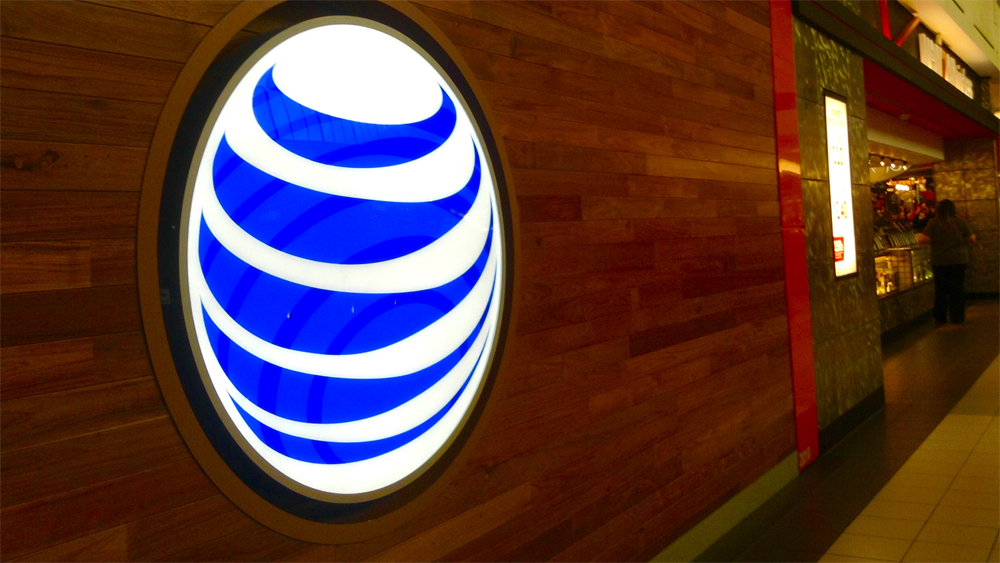
AT&T Says It Hates Robocalls Too; Still Not Giving Most Customers A Way To Block Them
AT&T CEO Randall “Dandy Randy” Stephenson has inaccurately claimed that his company can’t proactively block robocalls because it first needs permission from the FCC, and AT&T employees have more than a dozen different — sometimes bizarre — explanations for why the telecom giant has done nothing to rein in these unwanted, pre-recorded and auto-dialed calls. Now AT&T is claiming it is “working hard” to solve the problem, but that hard work does not involve providing a method for most customers to actually block these unwanted calls. [More]
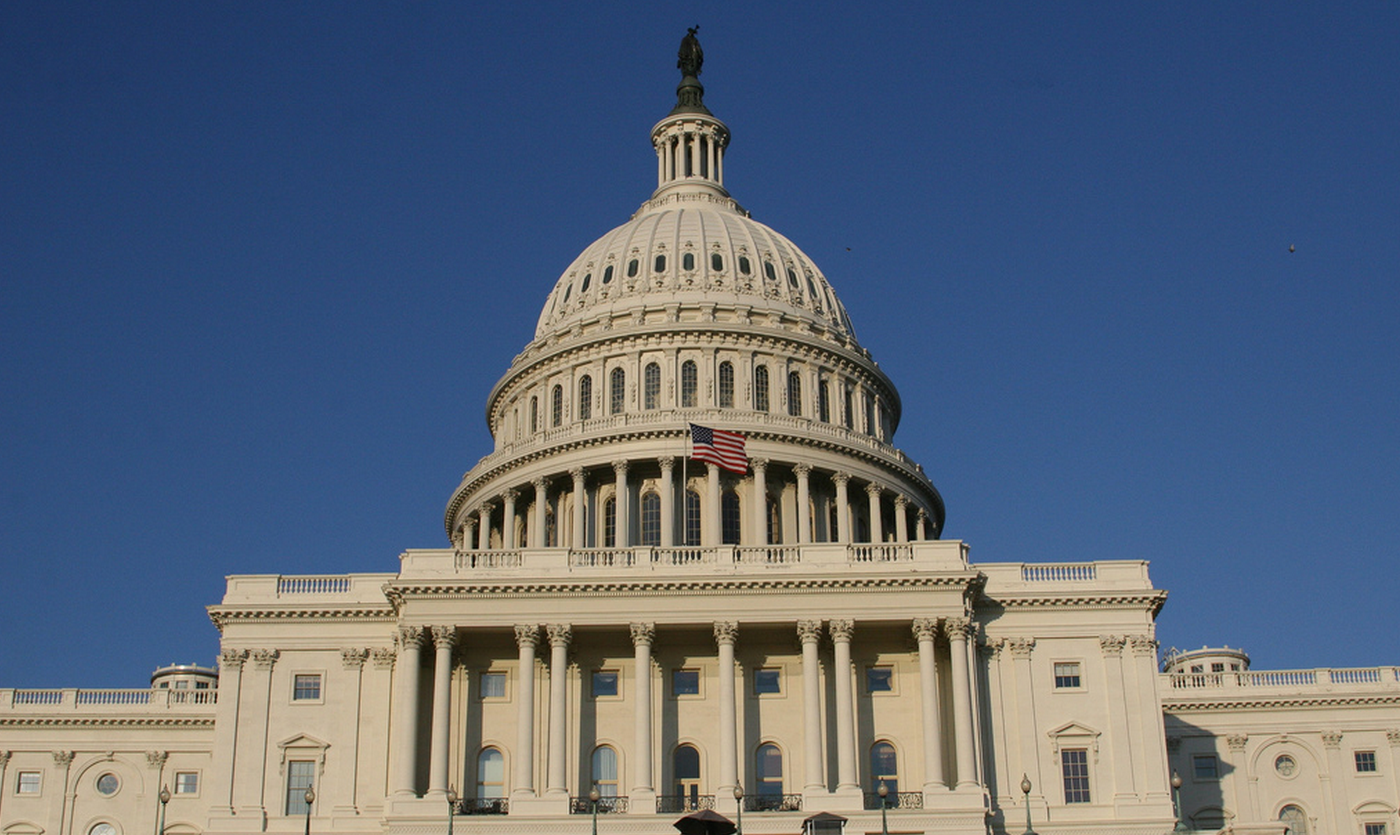
FCC Confirms: Entire U.S. Government Allowed To Place Annoying Robocalls
Last fall, Congress passed — and the President signed — an emergency budget bill that opened up a loophole that allows federal agencies, and private companies working on the government’s behalf, to make debt collection robocalls. However, a recently released ruling from the Federal Communications Commissions makes it clear that the entire U.S. government is exempt from rules limiting the use of robocalls to American consumers, so long at it involves government business. [More]
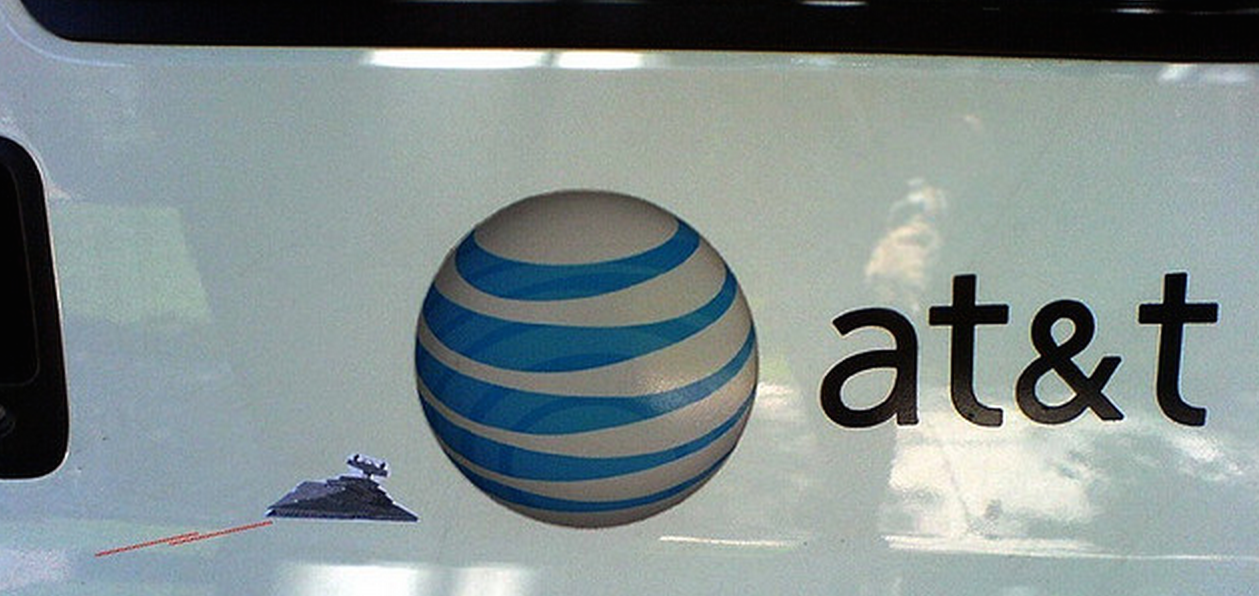
14 Excuses AT&T Gave Customers For Not Blocking Robocalls
A few weeks back, AT&T CEO Randall Stephenson inaccurately claimed that his company can’t offer free robocall-blocking technology because it needs permission from the FCC first. With that explanation debunked, a number of AT&T customers tried to give Darth Randy their permission to install these call-blocking services. As you might expect, the responses from AT&T were a mixed bag of fictions and excuses. [More]

Nomorobo Announces $5/Month Robocall-Blocking App For Mobile Phones
If you’re plagued with marketing robocalls on your Android or iOS mobile phone, some relief might be coming soon. This afternoon, the makers of call filter Nomorobo announced that they’re introducing a mobile app for the two dominant smartphone operating systems to block robocalls. The bad news: it’s not free to users. [More]

Feds Shut Down Florida-Based Debt-Relief Robocall Scammers
A federal court has issued a restraining order against a network of Florida-based robocallers who bilked more than $15.6 million from victims through the use of auto-dialed, prerecorded scam calls pitching bogus credit card rate reduction under the generic guise “Bank Card Services” or “Credit Assistance Program.” [More]

Anti-Robocall “ROBOCOP Act” Gets New Life In Senate
Two months ago, Rep. Jackie Speier (CA) introduced the ROBOCOP Act, a bill that would compel phone service providers to finally make it easier for customers to block automated and prerecorded robocalls. With that bill sitting idly in committee — and executives like AT&T CEO Randall Stephenson incorrectly claiming they need permission to deploy robo-blockers — maybe it’s time for ROBOCOP 2: The Senate Version. [More]

AT&T CEO Says He Can’t Deploy Robocall Blockers Without FCC Approval. He’s Wrong
On his personal phone line, AT&T CEO Randall Stephenson blocks unwanted, pre-recorded and auto-dialed robocalls. So why is Darth Randy not making this technology available for all of his customers? He claims it’s because he needs the FCC’s permission to do so, but the FCC says that just isn’t so. [More]

Here’s How To Tell The FCC How You Feel About New Debt Collection Robocall Loophole
Now that the government has carved out a loophole allowing it to place automated and/or pre-recorded robocalls to consumers to collect any debts owed to the federal government, the FCC is trying to come up with robocall rules that aren’t entirely awful. Consumers have a short window of time to chime in on these rules, so here’s how to share your feelings with the FCC. [More]

FCC Trying To Minimize Annoyances From New Robocall Debt Collection Loophole
Last fall, a rider to a must-pass federal budget bill kicked down the barricade that has prevented government debt collectors from annoying hundreds of millions of consumers with auto-dialed, pre-recorded robocalls. Lawmakers hate the bill, but they won’t consider any legislation to close the loophole. The White House’s own analysis of the loophole shows that it won’t really bring in any more money, and could actually be a revenue loser, but the administration isn’t doing anything to roll back the changes. Attorneys general hate it too, but they enforce laws instead of writing them. With an August deadline looming, the Federal Communications Commission has no choice but to move forward with making the loophole as palatable as possible. [More]

“ROBOCOP Act” Would Force Phone Companies To Do Something About Robocalls
As we’ve shown before, wireless and landline phone companies can do something to provide customers with free and easy-to-use tools to block unwanted automated calls — they just aren’t doing it, even when hundreds of thousands of consumers explicitly ask them to. A new piece of legislation introduced today hopes to compel the telecom providers to finally make it easier for customers to just say no to robocalls. [More]

Student Loan Companies Tell Congress: Debt-Collection Robocalls Are In Borrowers’ Best Interest
Show me someone who supports robocalls, and I’ll show you someone that has very few friends. Which is why it’s baffling that the Senate has yet to act on a bill introduced last fall that would close a loophole allowing the government to make debt-collection robocalls. But you know who does support robocalls? The student loan companies that are currently trying to convince Congress that these invasive annoyances are really for our benefit. [More]
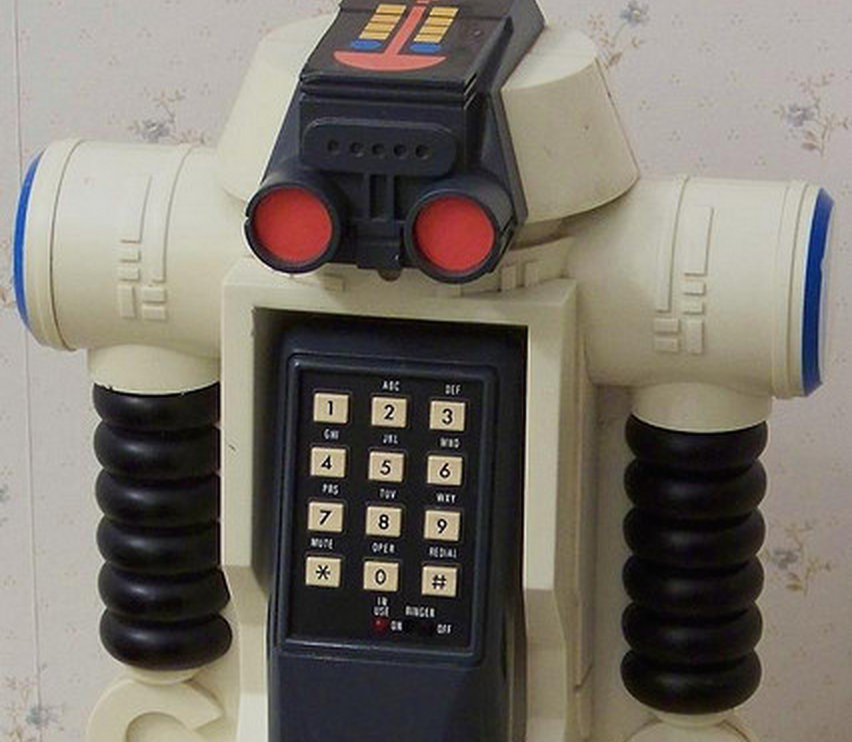
Lawmakers Renew Push To Curb Unwanted Robocalls
In the last few days, legislators in both the House and Senate have once again pushed the issue of nuisance pre-recorded, auto-dialed robocalls back into the spotlight — urging telecom providers to give customers more tools for blocking these calls, and trying to roll back the government’s ability to abuse robocalls for its own debt-collection purposes. [More]
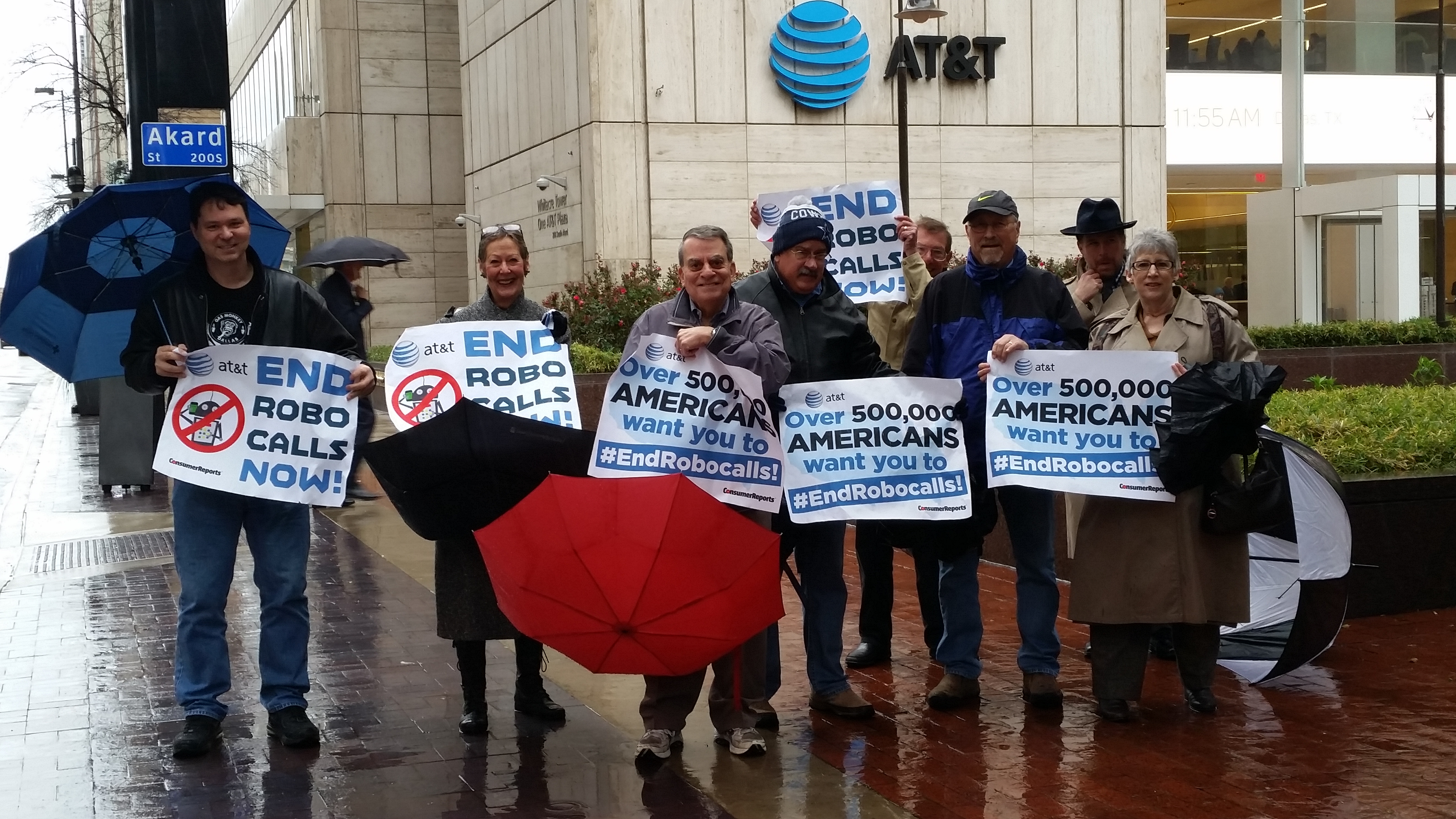
Hundreds Of Thousands Of Consumers Call On AT&T To Help End Robocalls
In spite of efforts to legislate and regulate them out of existence, unwanted prerecorded and/or auto-dialed robocalls are still dominate consumers’ complaints about their phone service. Today, our colleagues at Consumers Union delivered a petition — signed by hundreds of thousands of people who want the nation’s telecom providers to do something about robocalls — to the AT&T headquarters in Texas. [More]


